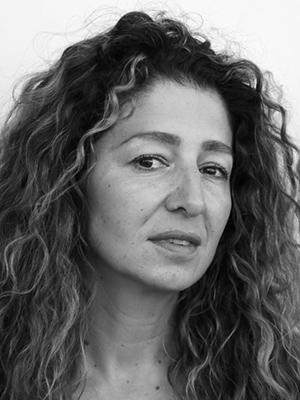Profile: Doris Younane
Australian Actress Doris Younane’s most challenging role was caring for her mother, who had dementia.

Actress Doris Younane is better known for her roles in McLeod’s Daughters and Seachange, but possibly her most challenging role to date was as her mother’s carer throughout her journey with dementia.
Doris’s mother was diagnosed with dementia 12 years ago and sadly passed away late last year.
“The initial sign of Mum’s dementia came when she suddenly pulled up in the middle of a roundabout whilst driving and didn’t know where she was going. We went to the specialist and the first thing he did was say, ‘Give me your driver’s licence,’ and then proceeded to cut it up in front of her,” says Doris.
The diagnosis was a devastating for Doris’s entire family—she and her six siblings had no knowledge of dementia.
“It was a foreign thing to the entire family. Mum locked herself in her bedroom when she found out and, coming from an Arabic background we found it difficult, as it wasn’t part of her nature to talk openly about these things.”
Doris’s biggest regret is not explaining to her Mum what was happening to her.
“It was such a scary period of her life and initially she cried a lot, but in the final six years she became this amazing affectionate person – a beautiful, gentle, old soul who we loved to be around.”
“We were in the dark but contacted Alzheimer’s Australia who were incredible and helped us navigate the unknown territory of dementia. The experience is different for everyone and we found we were constantly experimenting with ways to keep Mum connected with the world.”
Doris believes she was fortunate, as with the support of her six siblings, she was able to care for her mother at home.
“The cost of keeping Mum at home was phenomenal but my dream is to now find an affordable way for all those with Alzheimer’s to continue a life at home.”
“With an ageing population, we need to find a cure for Alzheimer’s while also making the community at large more attuned with it.”
“Education is paramount in removing the stigma that still surrounds dementia despite the high number of people it affects.”
Dementia helpline: 1800 100 500


